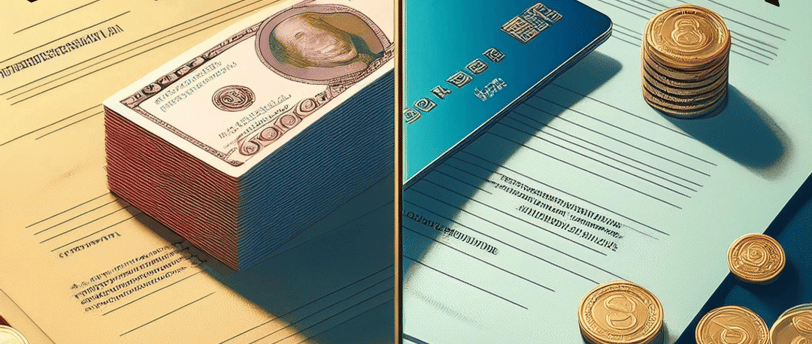High-Interest Savings Accounts vs. Fixed Deposits: Making the Right Choice
11/9/20242 min read


Understanding High-Interest Savings Accounts
High-interest savings accounts are essential financial tools for those seeking to grow their money safely while maintaining easy access to their funds. They typically offer interest rates that are significantly higher than regular savings accounts, making them an attractive option for emergency savings or short-term financial goals. One of the main advantages of high-interest savings accounts is their liquidity; account holders can withdraw money at any time without penalties, ensuring immediate access in case of emergencies.
Exploring Fixed Deposits
On the other hand, fixed deposits are designed for individuals looking to invest their money for a specific term, usually ranging from a few months to several years. When you place your money in a fixed deposit, it earns a higher, guaranteed interest rate, which is typically more lucrative than that offered by high-interest savings accounts. However, the drawback is that your funds are locked away for the duration of the term, and early withdrawal may incur penalties. This makes fixed deposits an ideal choice for long-term financial objectives, such as saving for a house or funding retirement.
Choosing What’s Best for You
When faced with the decision of whether to open a high-interest savings account or a fixed deposit, it’s crucial to assess your financial needs and goals. If you prioritize accessibility and flexibility, high-interest savings accounts may be more suitable for you. They allow you to grow your funds while ensuring that your money is readily available when needed. On the contrary, if guaranteed returns and long-term savings are your primary focus, fixed deposits could provide you with the security you seek.
A balanced approach often works best. By combining both high-interest savings accounts and fixed deposits in your financial strategy, you can enjoy the benefits of flexibility and growth. This diversified approach allows you to set aside a portion of your savings for emergency funds in a high-interest savings account, while allocating a separate amount to fixed deposits for enhanced returns over time.
In conclusion, both high-interest savings accounts and fixed deposits have unique benefits to offer. The choice ultimately lies in your financial circumstances, needs, and goals. Assess your priorities—whether it's accessibility or return on investment—to make an informed decision that aligns with your personal financial strategy.
